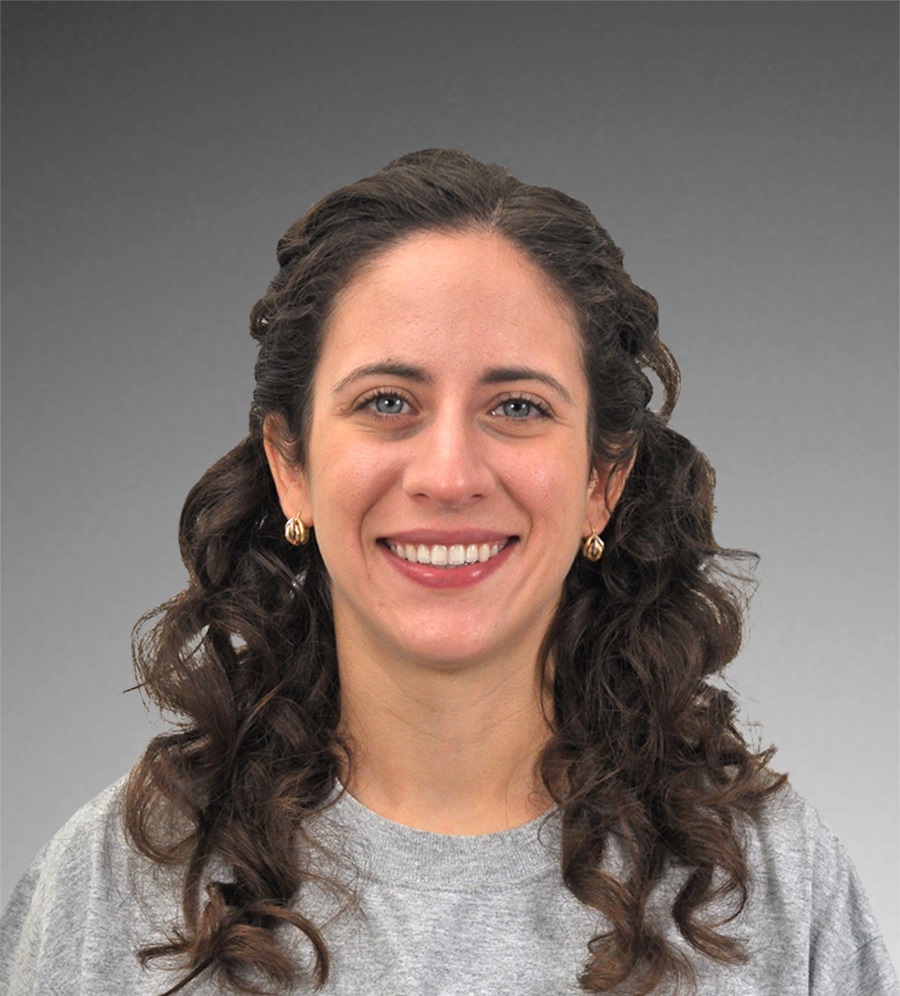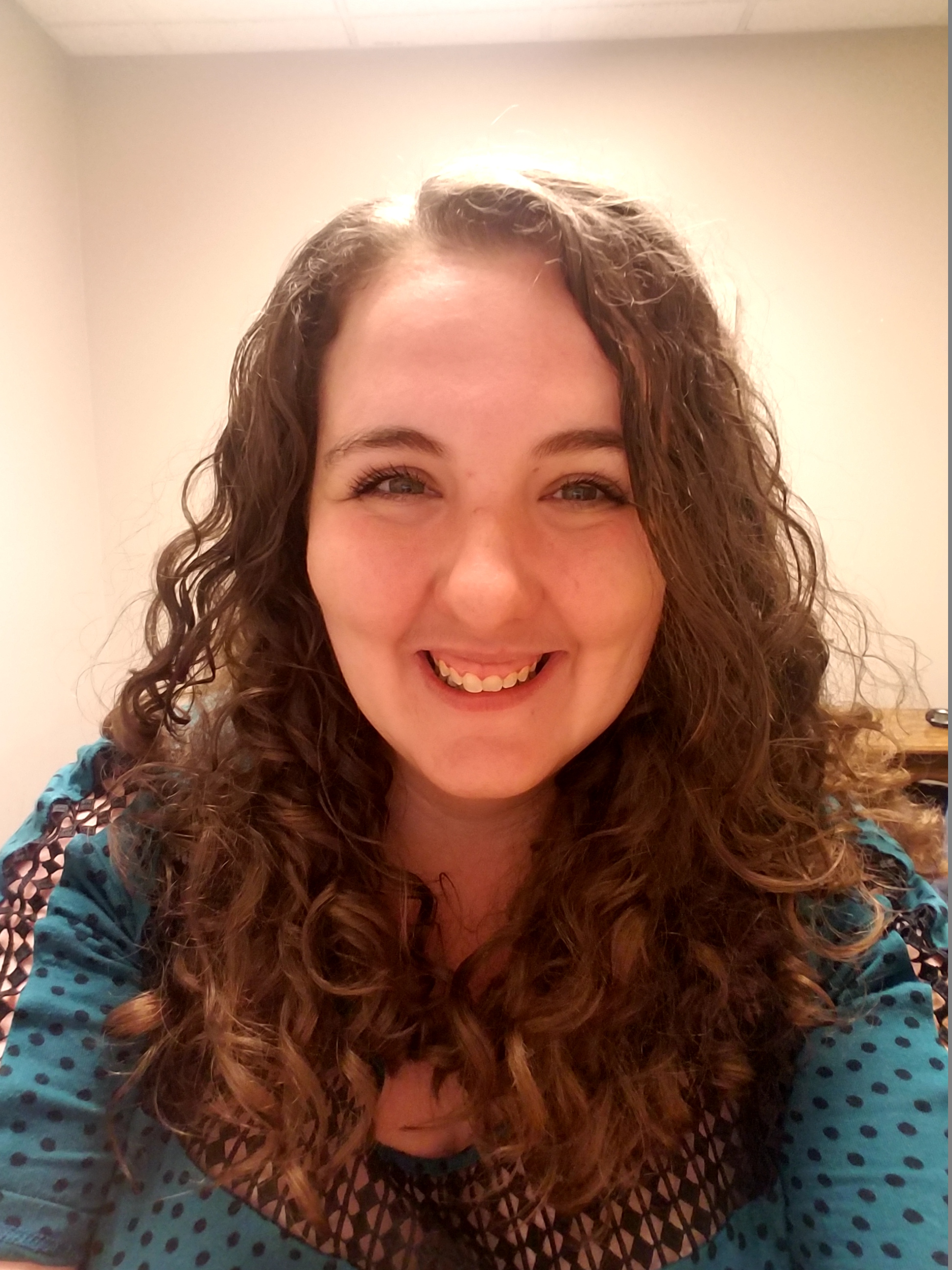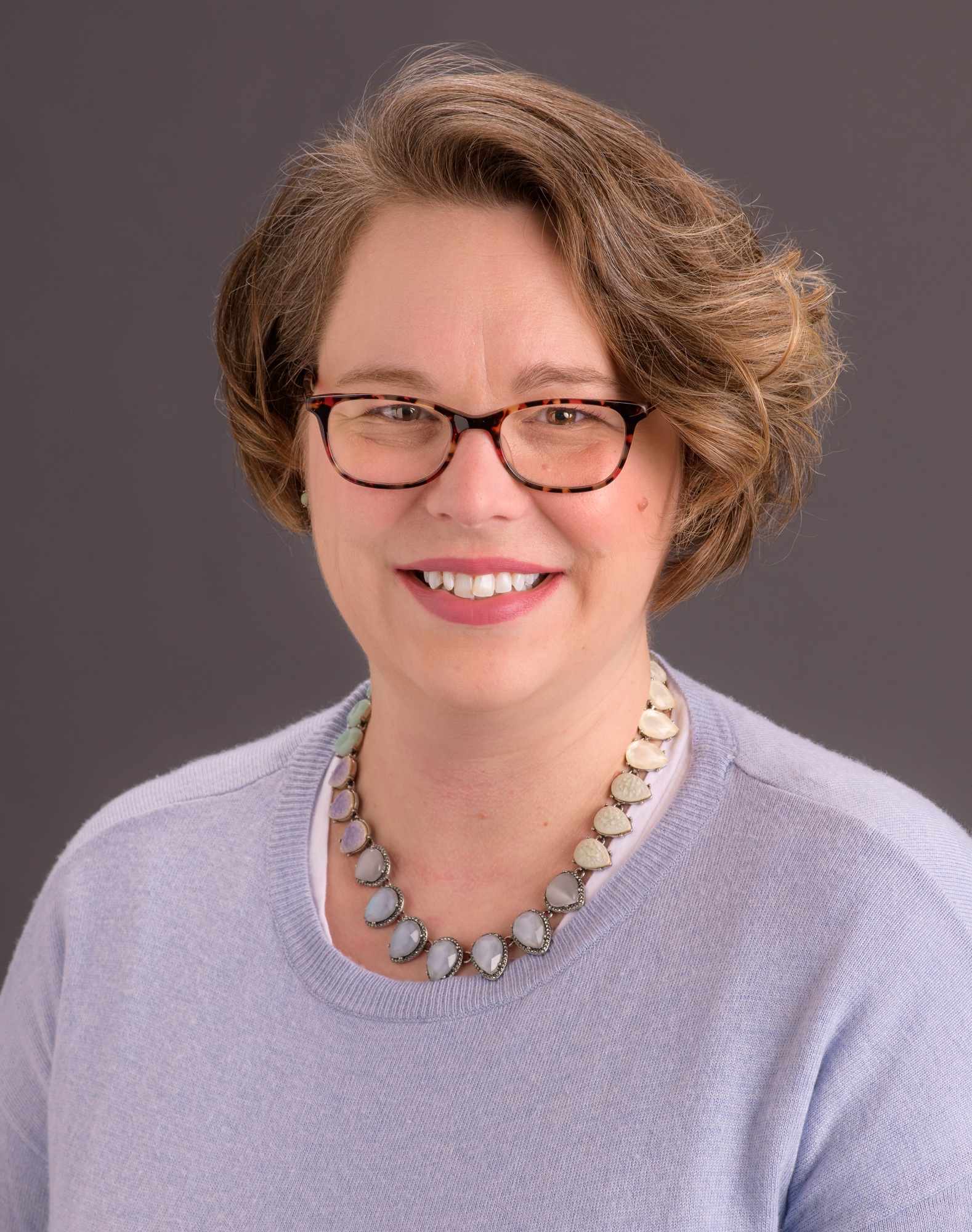Wheatley, Briana
Briana Wheatley is the Statewide Director of Disease Management within Preferred Family Healthcare in St. Louis, Missouri. She is also the provider supervisor for the TACC initiative. She provides direct support to the two community engagement specialists who enroll and monitor consumers in Epharmix for some of the following needs: depression, COPD, diabetes, substance use, basic needs and other chronic health concerns. Along with her coordination on this grant, she also works with the Disease Management initiative, where she supports teams providing in home interventions to chronically ill Missouri Medicaid consumers.
Presentation(s):
Technology Assisted Care Coordination Texting & Telecoaching for Recovery




